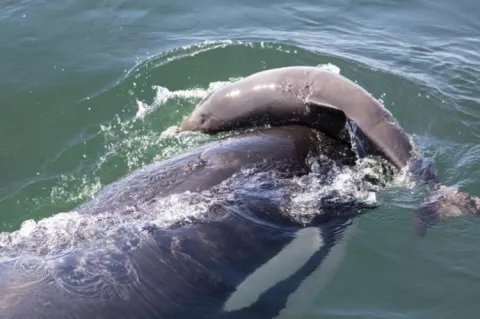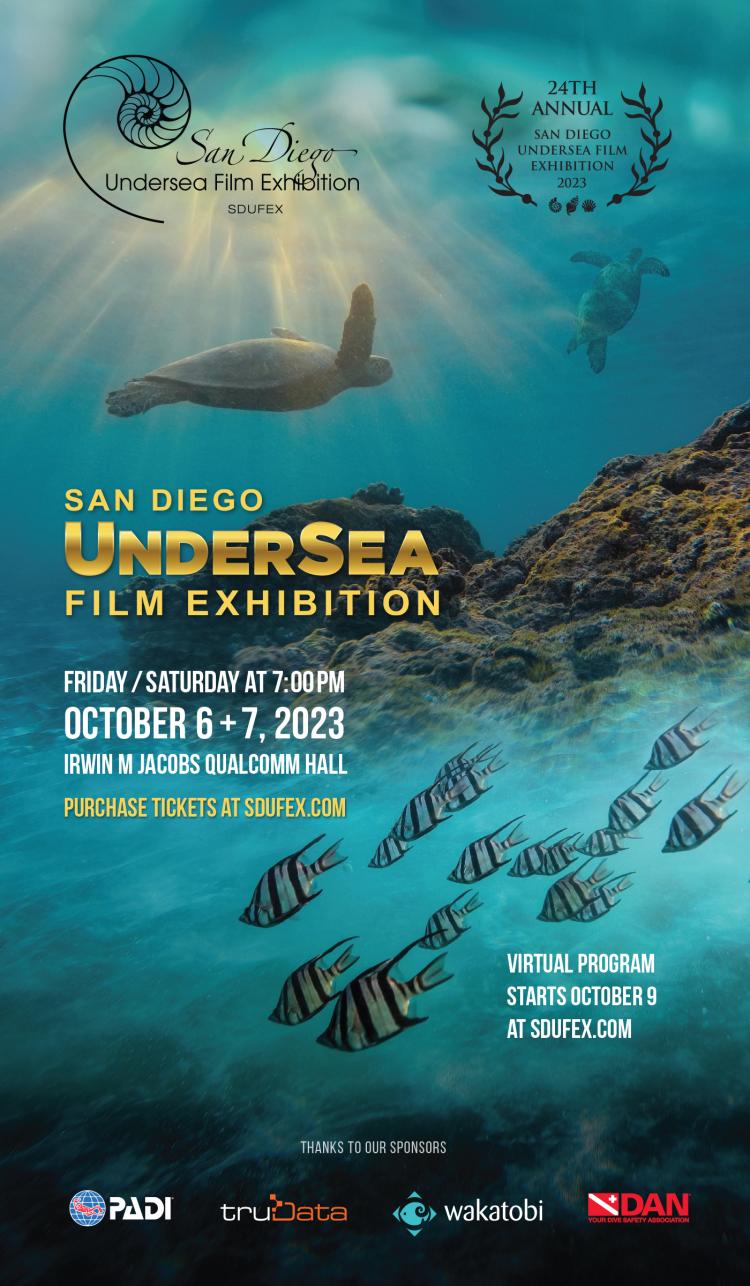Deploying marine robots to boost climate change research
Scientists believe that the ice shelves under the sea ice hold the keys to further our understanding of climate change. Unfortunately, diving to such areas to explore them is impossible.
How, then, can we access these areas?
Scientist Xi Yu from West Virginia University may have found the answer. She suggests deploying a fleet of marine robots, controlled by a smart mothership, to reach these inaccessible depths and transmit back invaluable insights.
















